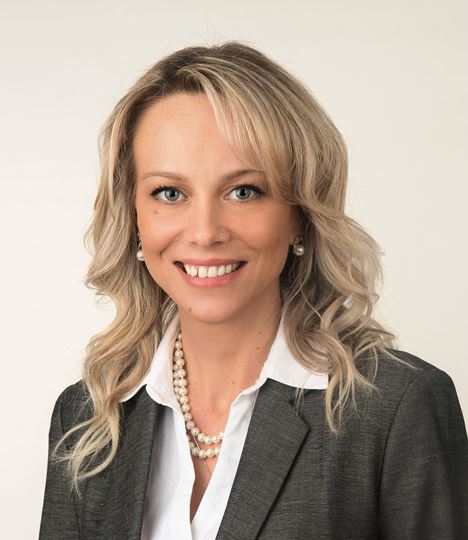Florida’s no tolerance drug policy leaves little room for alternatives when it comes to a conviction for drugs. The most important thing you can do as a parent is to act fast and get help.
What are the penalties for possession of drugs by a juvenile?
Provided your child is arrested for a misdemeanor, the penalties are up to one year incarceration and fines. Those penalties are the maximum that the State of Florida can give your child for a conviction of misdemeanor drug or paraphernalia possession. For felony possession the penalties are significantly worse. A third degree possession felony, the lowest degree of felony, has a maximum incarceration of up to five years. The sentences for drug offenses are harsh and not rehabilitative.
What can a parent do to protect their child?
If you are reading this, your child has already been arrested or charged with some form of drug possession. You are probably angry at your child for their actions and the trust established between you and your child has been broken. You may be filled with more questions than answers at this stage. What you do to handle this situation from this moment will change your child’s future forever. Your actions or failure to act will be with your child for the rest of their life.
Your child has the right to a future and you deserve answers.
I am a parent myself, so I understand what a tough time this must be for your family. In this situation, knowledge is definitely power. I offer answers in a non threatening environment. No sales pitch. No scare tactics. Just common sense advice from one parent to another.
Someone told me that juvenile cases are not that serious. A juvenile crime is sealed, right?
That statement is true in part and false in part. If your child is arrested for a juvenile drug crime and the charge remains in juvenile court, the record will eventually be sealed from the public eye. However, the record will not be sealed from law enforcement in the event your child gets in trouble in the future.
What can a juvenile attorney do to protect my son or daughter?
In the juvenile process there are several phases. Each phase builds on the next until we reach final disposition. Each phase is vital to achieve the desired outcome.
Phase 1: In phase 1 your son or daughter has just been charged with drug possession. I will meet with both you and your child and discuss the alleged crime, potential outcomes, and your child’s plans for the future. This stage is important because I need to understand the family background and dynamics as well as the details surrounding the charge.
Phase 2: Immediately following a charge or arrest, the Department of Juvenile Justice is notified. The job of a juvenile justice probation officer is to screen your child for propensity to re-offend and offer guidance to the prosecutor and the judge about your child. This phase is the most critical one in this process. I will attend this meeting with you and your son or daughter and offer support. I will work with you to establish rapport with the probation officer and position the case for a favorable outcome.
Phase 3: This phase generally involves communication between the State Attorney, the probation officer and I. During this phase I build mitigation and supporting background information. The goal at the conclusion of these meetings is to have a clear understanding of the facts and evidence against your child, a solid back story about your child and potential resolutions outlined to resolve your son or daughter’s case.
Phase 4: The court phase. During this phase, there will be a court appearance that you and your child must attend. This court date can be critical to show the judge your eagerness to make sure your child is held accountable but also not treated unfairly.
Phase 5: The final phase is the disposition phase. By this point I will have met with you and your son or daughter several times, discussed the case in detail with probation, and set a plan to resolve the case with the State Attorney. The judge will review the proposed resolution and the case will be resolved through an agreement, program, pretrial diversion, or a trial.
I understand the stress you must be feeling as a parent right now. You’re trying to: (1) enforce parental rules; (2) protect your child; (3) find the best possible help for your child and (4) make sure the outcome does not destroy your child’s life. I have represented many juveniles facing drug charges. I will help guide you and your child through the system and get back on track

